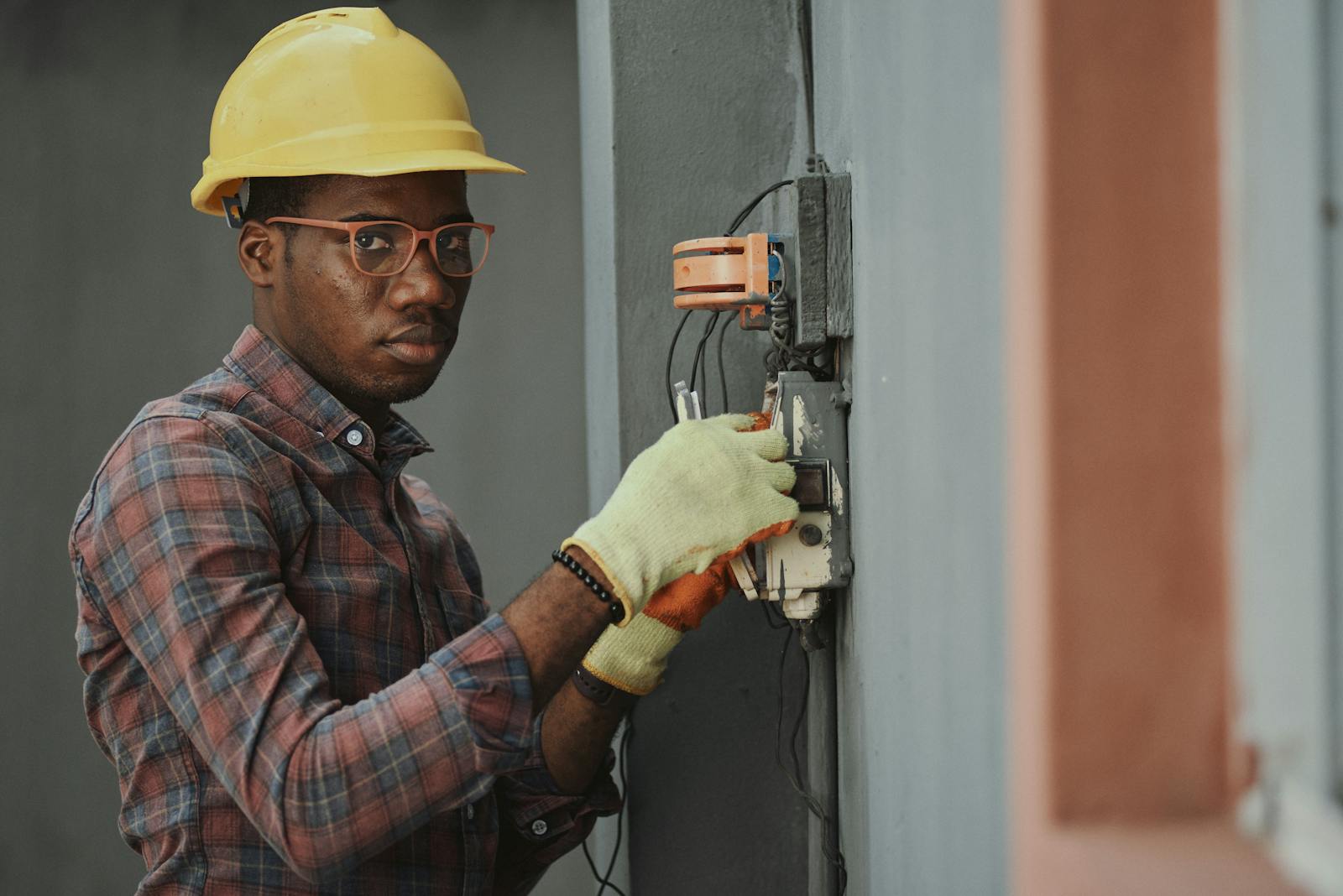Every job comes with risks of injury. But clearly some jobs have much greater risks than others. Think, for instance, of Coral Gables police officers and firefighters. The brave people who put those uniforms on every day put themselves on the line to make our community safer.
Interestingly, neither cops nor firefighters make the list put together by Forbes of the most dangerous jobs in America. These are the occupations in which the risks of on-the-job injuries and fatalities are greatest. You’ll notice when you examine the list that a number of the occupations are prominent in Coral Gables-Dade County.
At the very top of the list of most dangerous jobs is one that’s of vital importance to Florida: fishers and related jobs in the fishing industry. They capture seafood for America’s dinner tables and restaurants, putting themselves at risk of serious injuries caused by heavy equipment and dangerous weather.
The fatality rate among fishers is jaw-dropping: 121 workers per 100,000 full-time workers are killed annually.
The workers in the occupations filling out the top 10 deal with significant on-the-job safety hazards as well.
- Loggers: one of two occupations in the top 10 with little direct connection to Coral Gables. Fatality rate per 100,000 full-time workers: 102.4
- Pilots and flight engineers: The fatality rate per 100,000 full-time operators of planes and helicopters is 57.
- Garbage and recycling collectors: their fatality rate is 41.2.
- Roofers: their fatality rate is 31.8.
- Structural iron and steel workers: 26.9.
- Farmers, ranchers, agricultural workers: 25.3.
- Drivers, truckers: 24.0.
- Power-line installers and repair workers: 20.3.
- Taxi drivers: 19.7.
When workers get injured in the course of their jobs, they are entitled to receive medical care and wage replacement through Florida’s workers’ compensation. When a claim is denied, they have the right to take their claim to mediation with the assistance of a qualified workers’ comp attorney.



